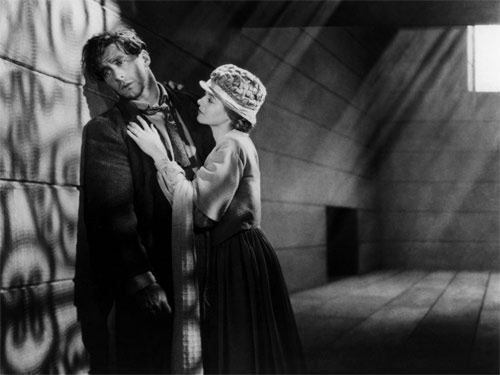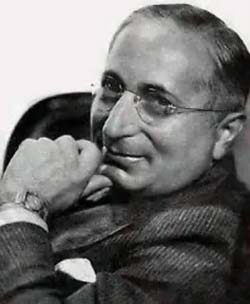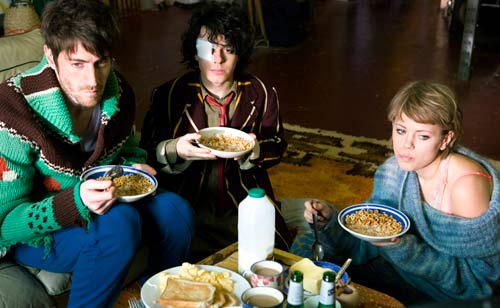
Cynics like me think of the Academy Awards less as a celebration of quality filmmaking than as a promotional tool, both for the nominated films, which coincidentally tend to come into the marketplace just at the time when "Awards Season" hype puts their titles on people's tongues, and for Hollywood as a whole. But it wasn't always so. Announced 80 years ago this week, the first-ever Academy Awards for the 1927-1928 business year were decided upon not by a large voting pool but a small cabal of judges in a smoke-filled room, handpicked by Academy of Motion Picture Arts and Sciences founder (and Metro-Goldwyn-Mayer studio chief) Louis B. Mayer. The surprising thing is that the winners really were some of the best cinematic achievements of the year.

Mayer had instigated the creation of the Academy as a means for staving off unionization efforts in Hollywood. As the story goes, his attempts to use MGM workers to construct his new Santa Monica beach house were foiled by a 1926 union contract which made studio laborers prohibitively expensive to employ for outside projects, even those strong-armed by the Big Boss. Mayer was outraged; he had been able to use MGM art director Cedric Gibbons to design his beach house because designers, as well as writers, directors, actors and producers, had not yet organized into guilds. By inviting prominent members of each profession into a fraternity (and it was mainly men at first; Mary Pickford was one of three women among the founding 36 members) known as A.M.P.A.S., Mayer staved off the further alphabet-souping of Hollywood talent into the S.A.G., D.G.A., W.G.A., etc. for several years.
Awards were an afterthought in the initial A.M.P.A.S. meetings, but they soon grew to become a crucial strategy of studio/employee relations. "I found that the best way to handle [moviemakers] was to hang medals all over them," Scott Eyman quotes Mayer in his biography of the mogul. "If I got them cups and awards they'd kill themselves to produce what I wanted. That's why the Academy Award was created." This quote might help explain why that first year, the statuettes (also designed by Gibbons) were often given out for a body of work, not for a contribution to a particular film. For example, Janet Gaynor won the first Actress award for her work in three films: 7th Heaven, Sunrise and Street Angel. German star Emil Jannings won the Actor statuette for two roles he played during his brief stint in Hollywood: The Last Command and The Way of All Flesh, which is the only Academy-Award winning performance in what is now considered to be a "lost film" — if you find it please inform the Academy Film Archive!









